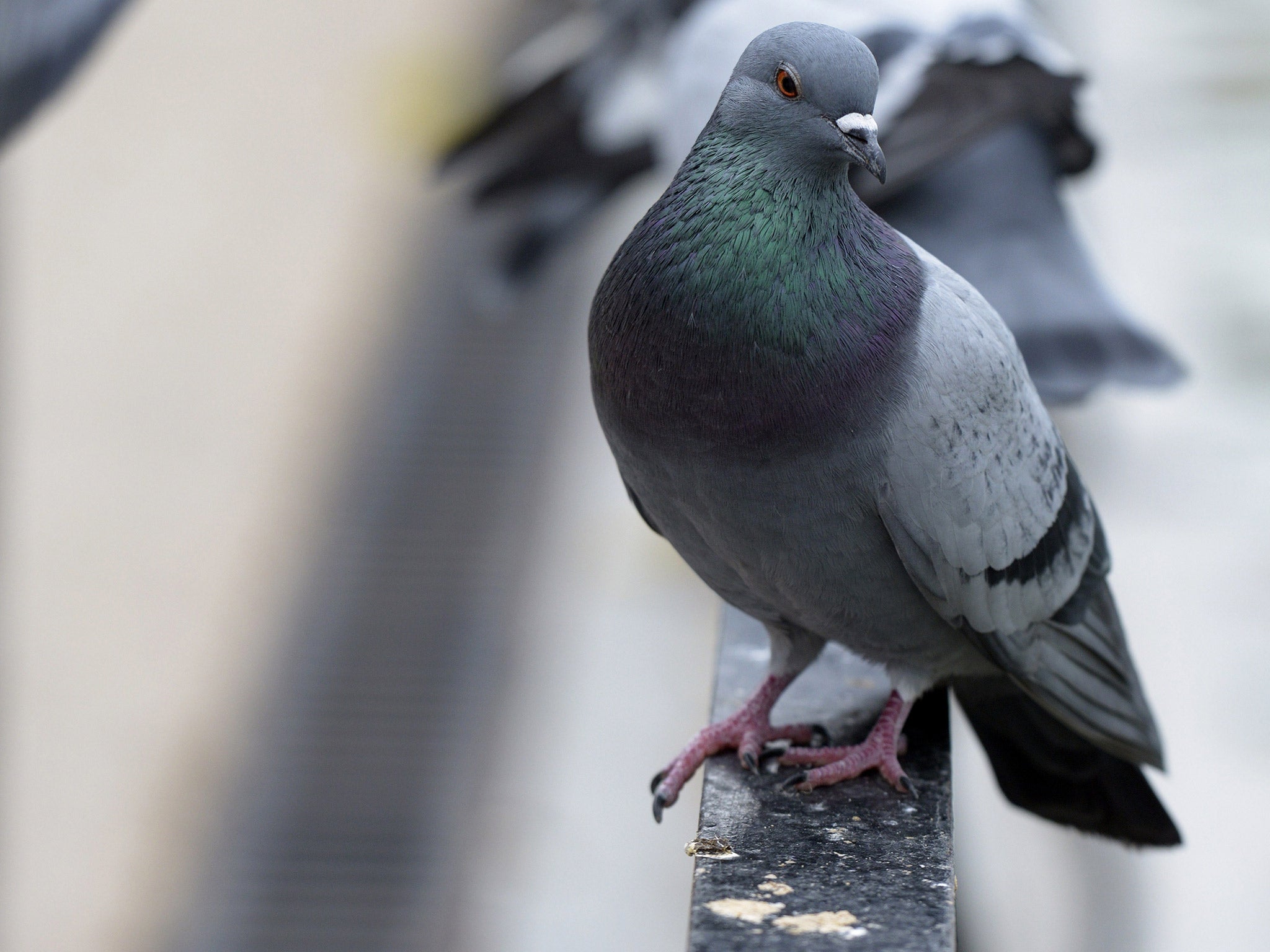Spanish town puts its pigeons on the pill in bid to reduce numbers
Officials estimate the population will fall by up to 80 per cent within five years

Your support helps us to tell the story
From reproductive rights to climate change to Big Tech, The Independent is on the ground when the story is developing. Whether it's investigating the financials of Elon Musk's pro-Trump PAC or producing our latest documentary, 'The A Word', which shines a light on the American women fighting for reproductive rights, we know how important it is to parse out the facts from the messaging.
At such a critical moment in US history, we need reporters on the ground. Your donation allows us to keep sending journalists to speak to both sides of the story.
The Independent is trusted by Americans across the entire political spectrum. And unlike many other quality news outlets, we choose not to lock Americans out of our reporting and analysis with paywalls. We believe quality journalism should be available to everyone, paid for by those who can afford it.
Your support makes all the difference.Don’t feed the pigeons! It’s a common demand designed to stem the population of the flying vermin that occupy almost every major European city.
But now, a town in Spain is going one step further by putting the birds on a course of contraceptives that it hopes will lead to a dramatic fall in numbers.
Badia del Valles in Catalonia has installed dispensers to scatter the pigeon Pill, Ovistop, along with grain each morning. The dispensers will operate from now until the end of the year, the time when ornithologists say most pigeons breed. “Every morning, three automatic dispensers will scatter the required dosage to the pigeon population,” said a statement on the town’s website.
Officials estimate the pigeon population will fall by up to 80 per cent within five years. At present, a couple of pigeons can produce as many as 48 offspring each year.
Officials in Wellington, New Zealand, said last month that they were considering adopting the same practice.
Join our commenting forum
Join thought-provoking conversations, follow other Independent readers and see their replies
Comments